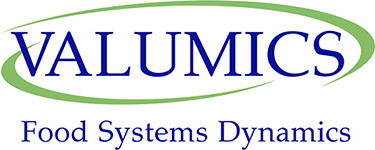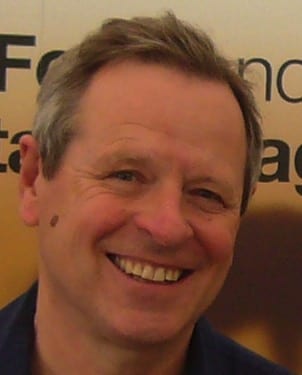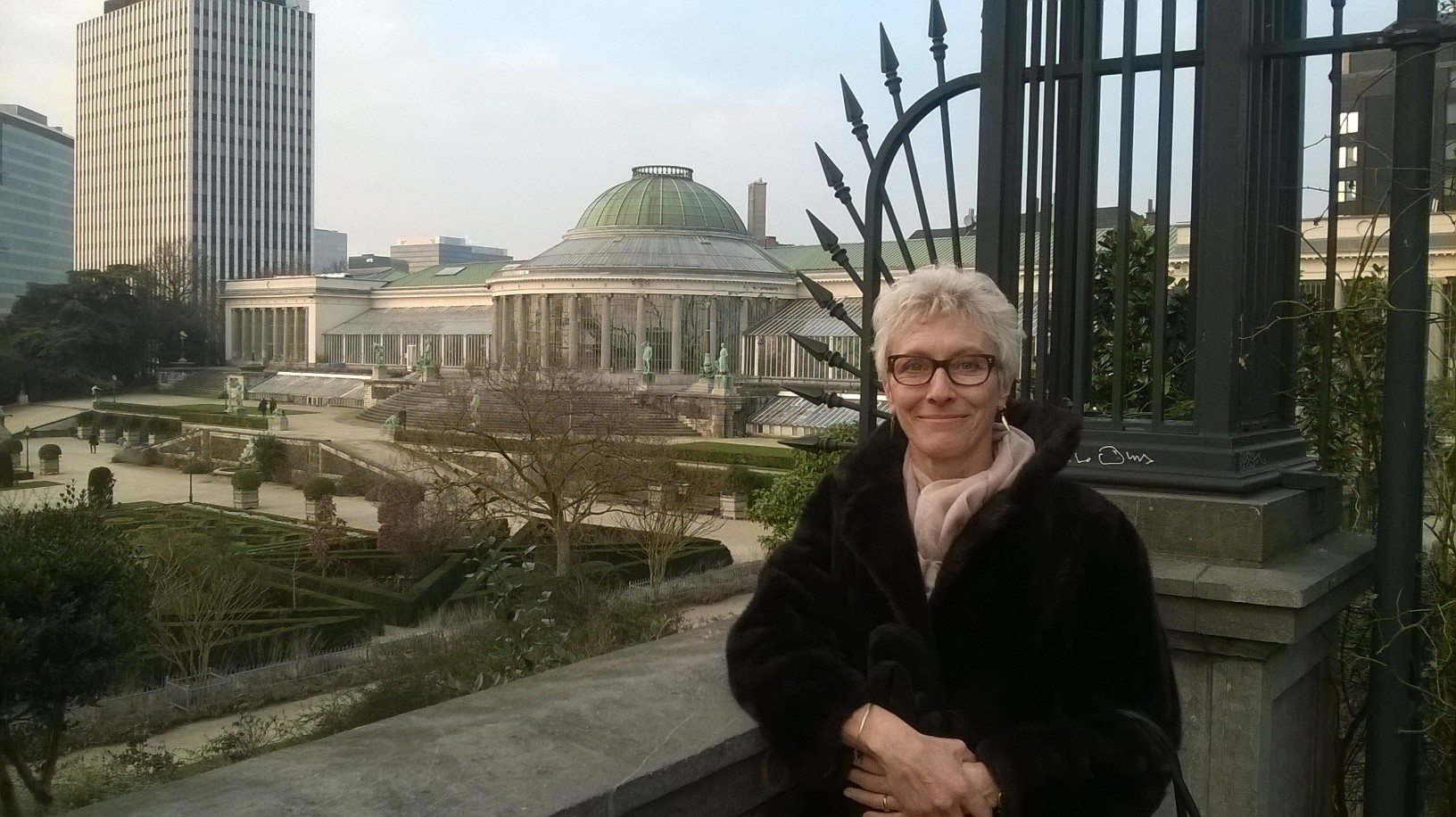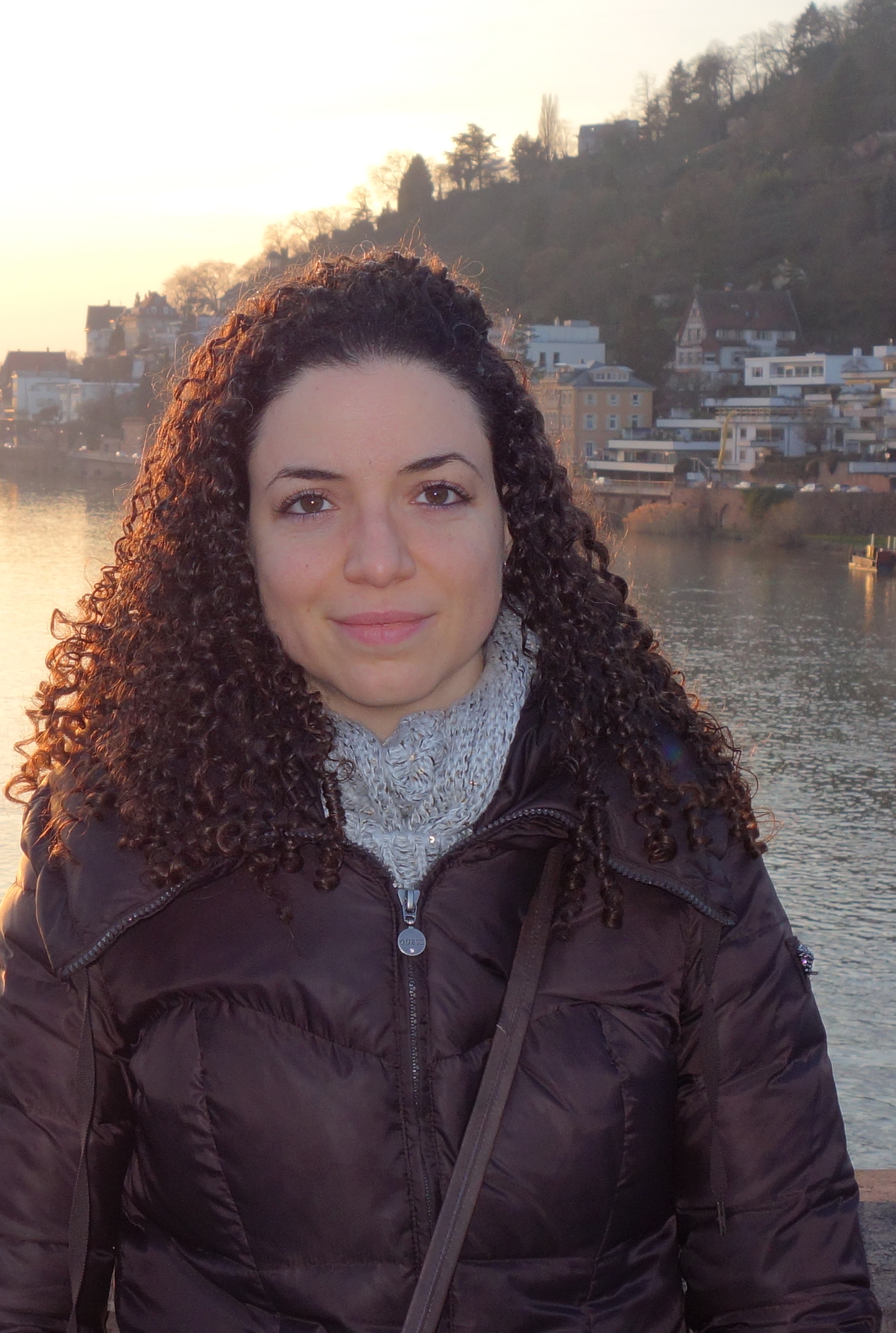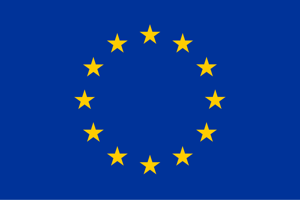The University of Hertfordshire – UH
The University of Hertfordshire – UH (www.herts.ac.uk) is among the most successful new universities in the UK; innovative, enterprising and business-facing, with a truly international and flourishing student community of over 25,300, including more than 2800 overseas students from 100 different countries. UH is one of the region’s largest employers with over 2,700 staff. UH is in the Times Higher Education 150 under 50 rankings 2016, and is included in the Times Higher Education list of the “200 most international universities in the world” (January 2016). In the most recent national assessment of the University’s research (the UK Research Assessment Framework 2014), 93 per cent of the submitted research was judged to be of world-leading or international quality in terms of originality, significance and rigour. UH has been awarded the European Commission’s HR Excellence in Research Badge.
Research at the University is undertaken across a wide range of Research Centres and groups, who collaborate actively with academic, commercial and governmental organisations across the globe. Our research is focused across six Research Themes, reflecting our interdisciplinary strength in some of the key global challenges of the 21st century: Food, Global Economy, Health and Wellbeing, Heritage, Culture and Communities, Information and Security, and Space. Each research theme is led by a Theme champion – a member of the research community who provides leadership and works to foster collaboration across our specialist research centres and groups and between the University and external partners. The PI is the Food Research Theme Champion.
UH is leading WP3 on Policy, regulations and governance, and co-leading on Task 5.1 and will contribute to work in all other WPs, and the iterative model development framework workshops.
